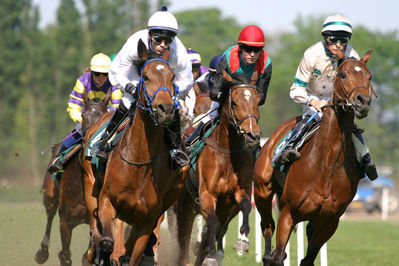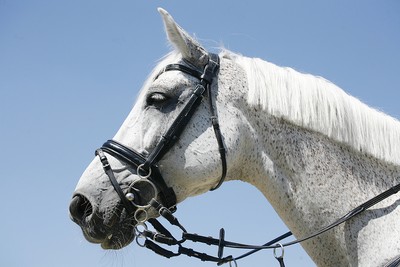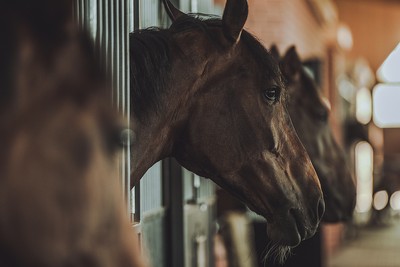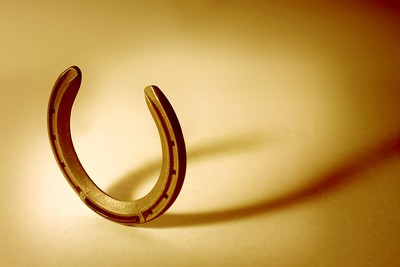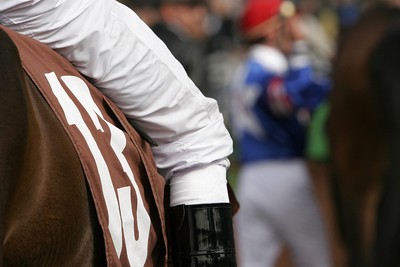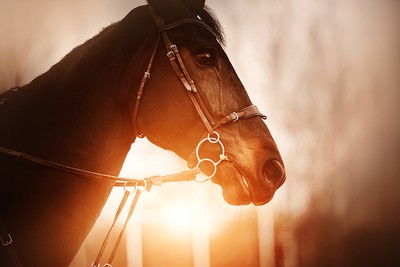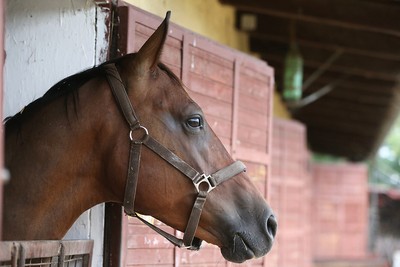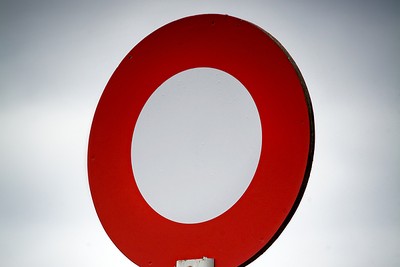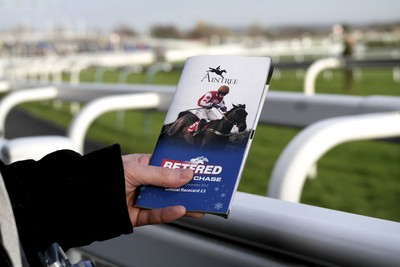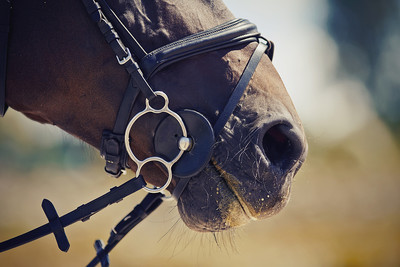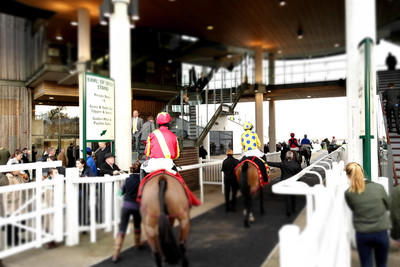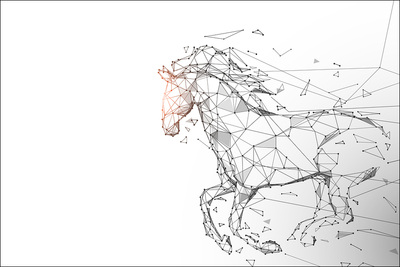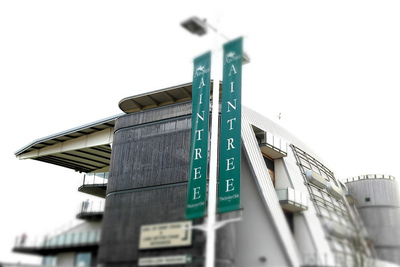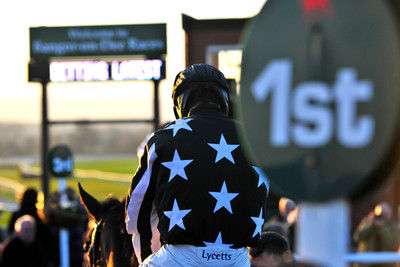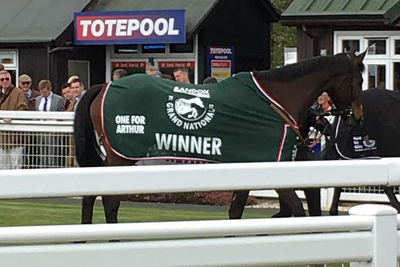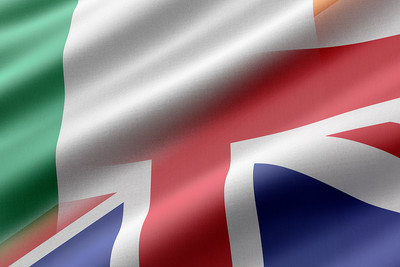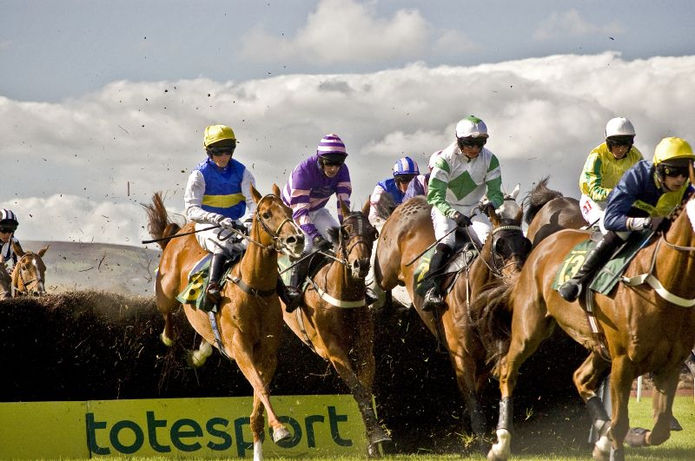
Probably the most iconic horse race in the world! We think that the true test of a sporting event becoming iconic is when people who have no interest in the sport are able to identify that race. We’d guess that the majority of the UK public know or have heard of the Grand National and we’d also guess that this spreads much further than simply the UK.
One of the reasons why people are so romantically in love with Grand National is that it’s the ultimate test for horses. They have to run a gruelling course over huge hurdles and the winner is often is the horse that is able to get over cleanest rather than the horse is necessarily the fastest on the day.
Free Bets For the Grand National
 The Grand National is a massive betting event. It is also slightly unusual in that it attracts bets from a lot of people who don’t normally bet on horse racing (or anything) which means that the bookies feel that they have to tweak their sign up offers accordingly.
The Grand National is a massive betting event. It is also slightly unusual in that it attracts bets from a lot of people who don’t normally bet on horse racing (or anything) which means that the bookies feel that they have to tweak their sign up offers accordingly.
Around the Grand National you’ll find a lot of race specific promotions – such as enhanced odds on popular horses – as well as straight forward bet and get offers, but these are normally different to the ones you’ll see during the rest of the year.
In this section we’ll cover the best free bets that are up for grabs for the Grand National. Offers normally appear a day or two before the big race so in the meantime you can see a list of regular sign up offers below.
- Current Offers: For a list of currently active sign up bonuses see our main free bets page here.
Grand National Articles & Guides
Grand National Blog: News, Tips & Stats
About the Grand National
The first Grand National was run in 1839 and is held within the iconic Aintree racecourse in Liverpool. The race can include up to 40 horses and with it they need to navigate themselves around the 4m track and across no fewer than 30 fences just to get to the end of the race.
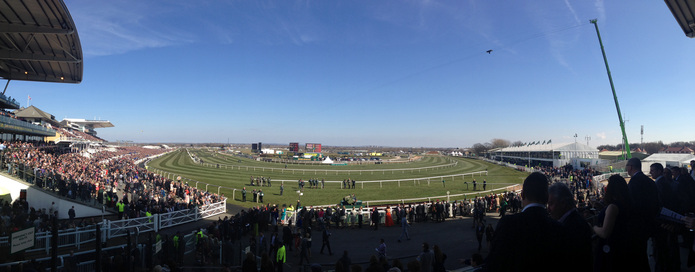
The racecourse is often as much as the spectacle as the race and the horses itself. The track is one of the toughest in the world and the fences that the horses have to jump over have become so formidable, many of them have been named. The likes of Becher’s Brook, The Chair and Canal Turn are all iconic aspects of this special race, many of which have been named over fallen horses or jockey’s from down the years.
But, the race does come with a little controversy attached to it, mainly from animal rights groups claiming that the course is too tough with horse fatalities often being part and parcel. Increased safety measures have been put in place over the years, but the argument is that it’s meant to be the toughest test for these horses and the reality is that injuries or falls can happen in any race, whether it be over hurdles or even flat racing.
Recent Grand National Winners
| Winner | Year | Runners | Winnings | Price | Age | Going |
|---|---|---|---|---|---|---|
| Corach Rambler | 2023 | 39 | £500,000 | 8/1 | 9 | Good to Soft |
| Noble Yeats | 2022 | 40 | £500,000 | 50/1 | 7 | Good to Soft |
| Minella Times | 2021 | 40 | £375,000 | 11/1 | 8 | Good to Soft |
| Cancelled | 2020 | – | – | – | – | – |
| Tiger Roll | 2019 | 40 | £500,000 | 4/1 | 9 | Good to Soft |
| Tiger Roll | 2018 | 38 | £500,000 | 10/1 | 8 | Heavy (Soft in Places) |
| One For Arthur | 2017 | 40 | £561,300 | 14/1 | 8 | Good to Soft |
| Rule The World | 2016 | 40 | £561,300 | 33/1 | 9 | Soft (Heavy in Places) |
| Many Clouds | 2015 | 39 | £561,300 | 25/1 | 8 | Good to Soft |
| Pineau de Re | 2014 | 40 | £561,300 | 25/1 | 11 | Good to Soft |
| Auroras Encore | 2013 | 40 | £547,268 | 66/1 | 11 | Good to Soft |
| Neptune Collonges | 2012 | 40 | £547,268 | 33/1 | 11 | Good |
| Ballabriggs | 2011 | 40 | £535,135 | 14/1 | 10 | Good |
The prize money is another aspect that make the race so iconic. With £1million being up for grabs, it makes it the most valuable jump race in Europe and one of the richest horses races in the world. The winner is usually set to take home a massive £500,000 from it, which is a huge sum for anyone in the industry. Often you will find that the horses are owned as part of a syndicate, which often makes these days that little bit more special, due to the long odds that are often on offer.
A lot of people put the popularity of the race down to the fact that the BBC has continued to back the Grand National over the years. It had been running on the BBC since 1960 and is now a Saturday afternoon feature in an early April weekend. In 2013 the rights were sold to that of Channel 4 and then later in 2017 to ITV, still allowing free-to-air viewing of the race. It’s thought that around the world over 500 million people tune in to watch the race in over 140 countries. These numbers rival that of the Football World Cup and the Super Bowl, just to put that into context.
From a betting point of view, the numbers continue to be impressive. Over £250 million is wagered on the race in the UK alone and the potential for a bookmaker to get a result wrong or not have their books cleared could be worth up to a £40million loss for them, such are the numbers. Again, just to put these figures into content, The same money is expected to be wagered on the whole of the Cheltenham Festival across the four days, compared to this one race.
History of the Race
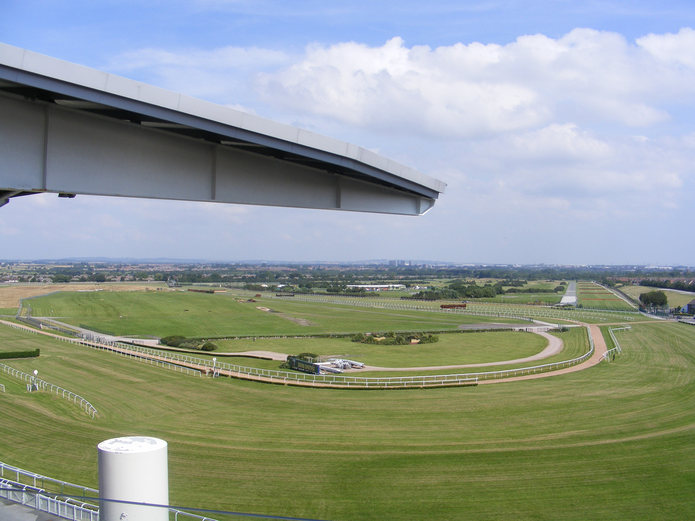
It was William Lyn who was the founder of the Grand National, who in 1829 set out the course on rented land from William Molyneux, 2nd Earl of Sefton. But, there is contrasting stories about when the first Grand National race was actually run. A lot of the leading historians who have specialised in the subject now believe that the first race wasn’t run until 1836.
The debate surrounds where the initial races were run, with some believing that early races were in fact held at Maghull, and not Aintree. But, there does seem to be evidence to suggest that these early races were in fact run at Aintree and whilst not everyone is convinced, we think that the information does stack up and well, it makes for a better story!
Some of the early races were won by the likes of The Duke, who actually won the first two races. Whilst not only is the horse iconic as the first winner of the race, but the jockey, Martin Becher, will also go down in Grand National history as the fence, Becher’s Brook is named after him as he fell in the following year’s race.
In 1838 it was decided that more needed to be done to promote the meeting and with it a committee was formed to do exactly this. Two key points aided to the success of the meeting:
- In 1928 the introduction of the railway to Liverpool occurred allowing punters to travel from across the UK
- The Great St. Albans Chase was not renewed, important because it was the major clash with the Grand National
These points and the appointment of the committee led to the first official race, known as the Grand National to be run in 1838. The race continued to flourish throughout the 19th Century and into the 20th century. It was actually moved during the First World War to run at a racecourse near Gatwick, but these result are often omitted form Grand National past results, due the course not being anywhere near as tough as Aintree.
One of the strangest stories to evolve from the National occurred in 1928, a race that was won by Tipperary Tim. This year was iconic in that the horse was the only one from 42 starters to complete the race. The race was held in treacherous fog and heavy ground, which made the Aintree course almost unusable, but Tipperary Tim will always be known as the one horse race as a result, winning at a staggering 100/1 in the meantime.
The second World War forced a break of 4 years for the Grand national, and even though the race did still manage to be run in 1940, the Aintree racecourse was needed as a base for the military, so races from 1941-45 were all abandoned as a result.

After the war the Grand National really started to flourish and it was the first time that international fans and even horses were starting to become a firm fixture in the race. Some notable names in the 1950’s were that of trainer Vincent O’Brien (3 winners) with horses Early Mist, Royal Tan and Quare Times.
Over the next 50 years or so, the race would take many twists and turns, serving up a plethora of hero stories and long shot winners in that time. One of the most bizarre and funniest stories comes from a horse owned but the Queen Mother, when Devon Loch was some 40 yards clear in the 1956 Grand National, before inadvertently jumping in the air after clearing all the fences to land flat on his belly.
Red Rum: The Greatest Horse to Run the Grand National
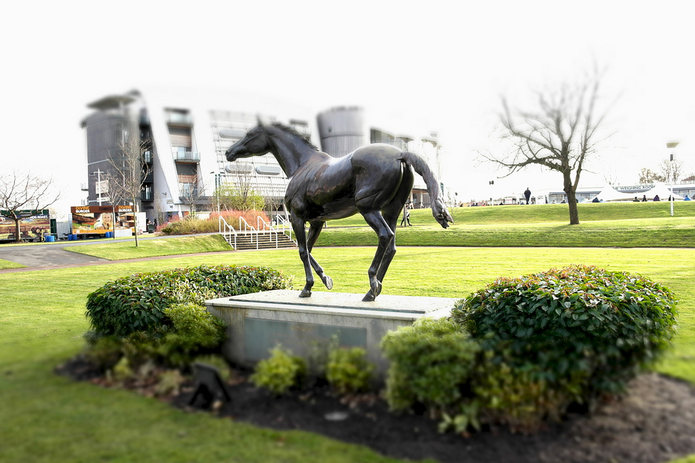
We can’t go any further without talking about the greatest horse to ever run the Grand National, Red Rum. The horse dominated the 1970’s in a time when the Grand National was probably at it’s lowest ever point in terms of popularity, mainly due to the sale of the race course to property developer, Bill Davies. It was Davies who then tripled entry prices and is also the reason behind the lowest attendance at any Grand National in living memory.
Just when the sport and the race needed a hero, up stepped Red Rum. He was quickly becoming the horse to watch in the 1970’s, with trainer Ginger McCain saying it was the best horse they had ever trained. He was bought in 1966 for just £420, but it was McCain who eventually paid the then handsome sum of £6,300.
Interestingly, it was just a couple of days after McCain started work on Red Rum that he noticed the horse was actually lame. He used a technique of walking it through sea water, which clearly had a hugely positive affect.
In 1973, Red Rum went on to win the Grand National for the first time. The next two victories were at the 1974 and 1977 races, respectively, and is still the only horse to have won the race on three separate occasions. What many people aren’t aware of is that in the two years between Red Rum’s second and third victory (1975 and 1976) the horse finished second in both of these races. So, over the space of 5 consecutive Grand Nationals, the Red Rum’s form read 11221, which is pretty incredible considering how competitive this race had become.
Grand National Blog Posts
- How Much Does Weight Really Matter in Horse Racing?
- What Changes Have Been Made to the 2024 Grand National?
- Does Weight Really Matter When Betting on the Grand National?
- Why are the Irish Dominating the UK in Horse Racing Right Now?
- Have We Seen the Last of Tiger Roll? Grand National Hero Could Be Set for Retirement
- Will the 2020 Grand National be Cancelled Due to Coronavirus?
- The 2019 Grand National: Everything We Know So Far After the Weights Were Announced

